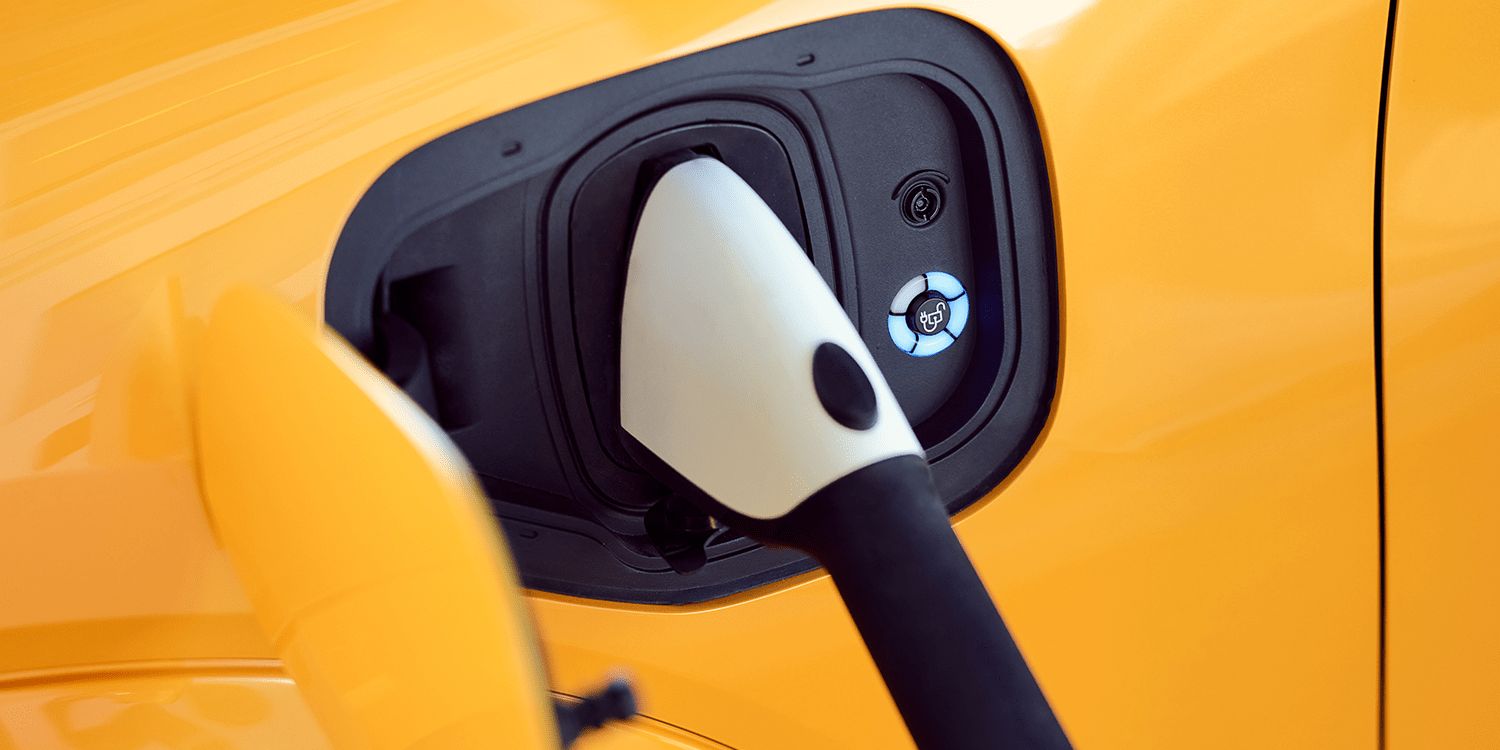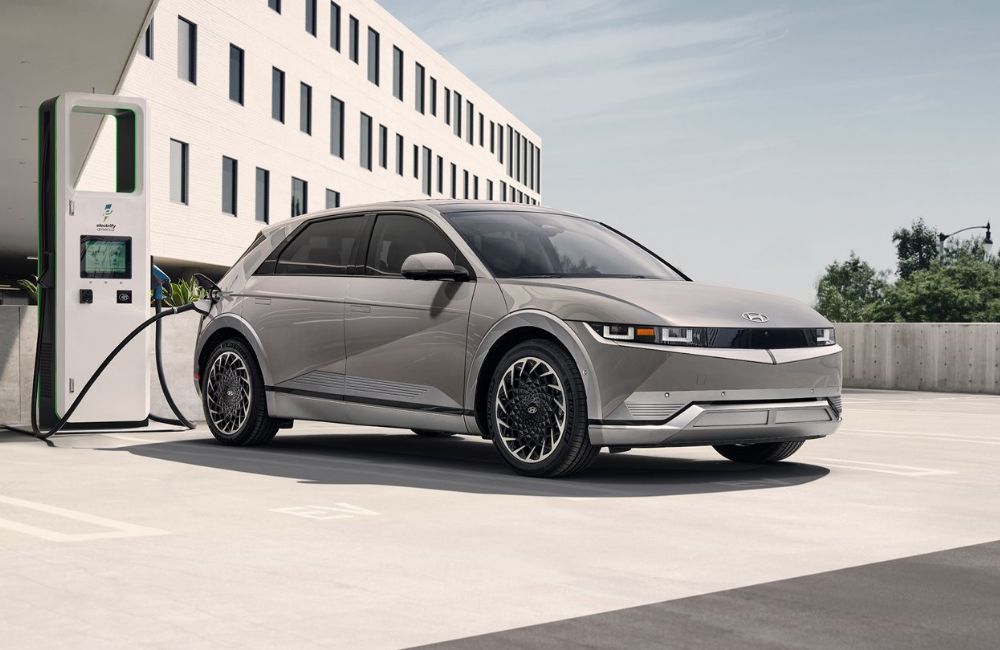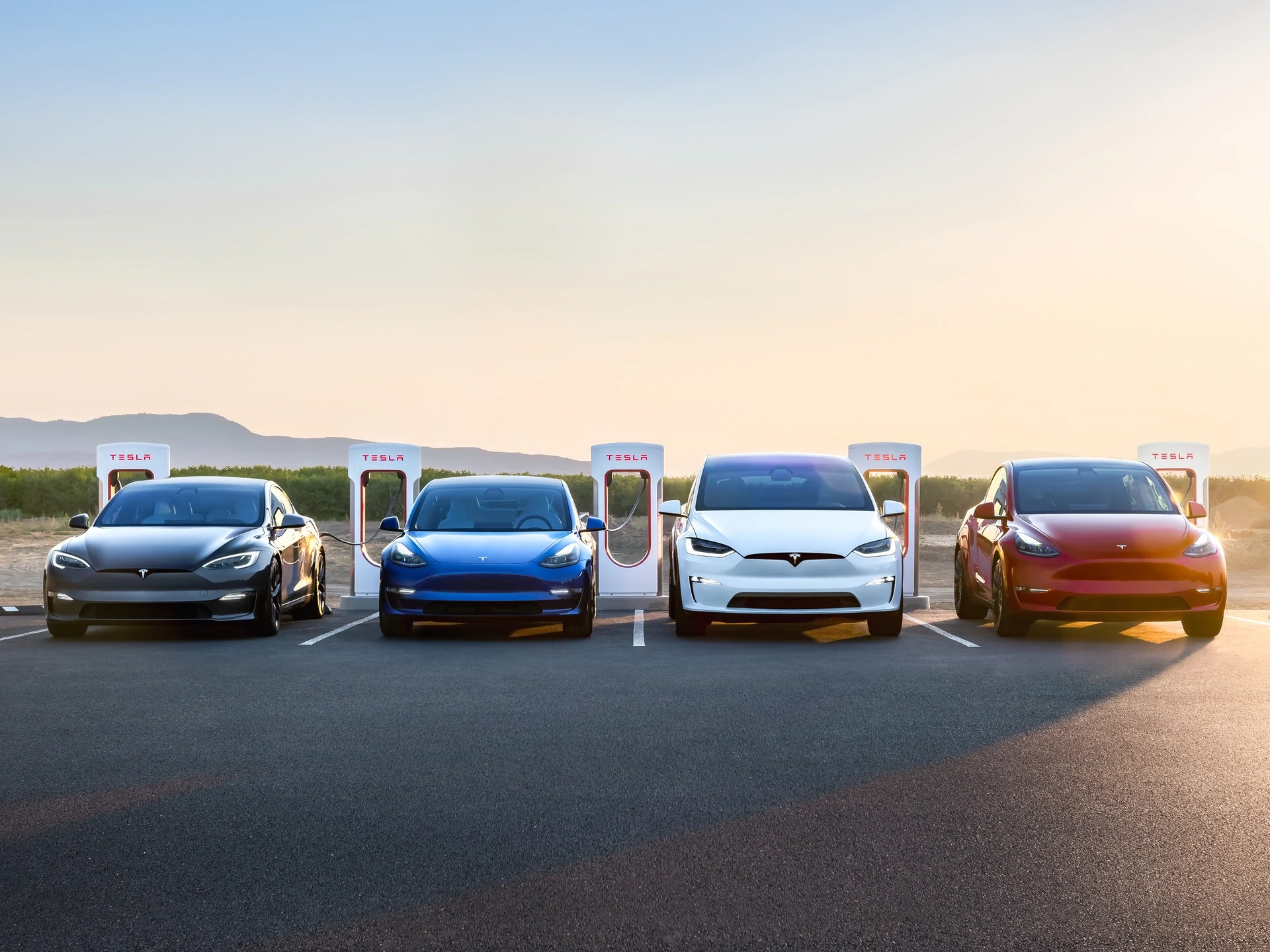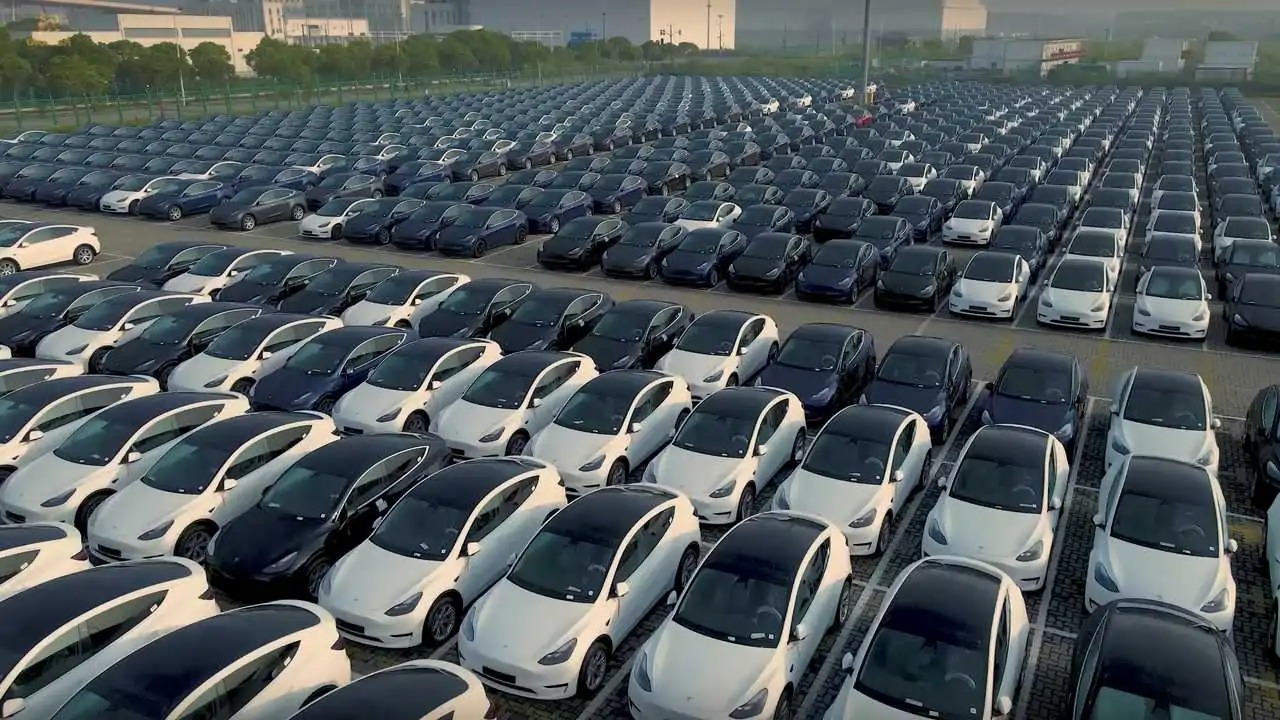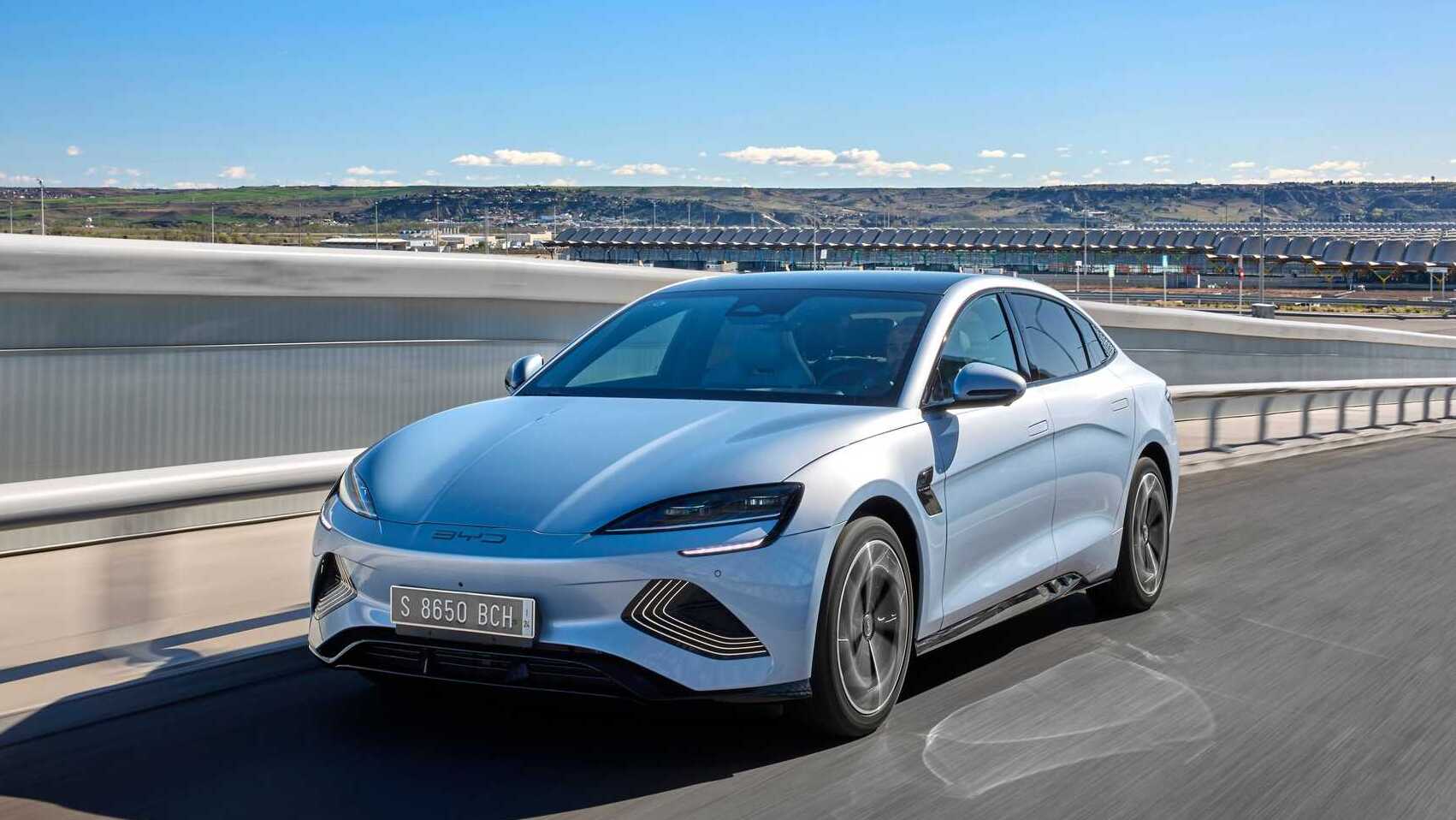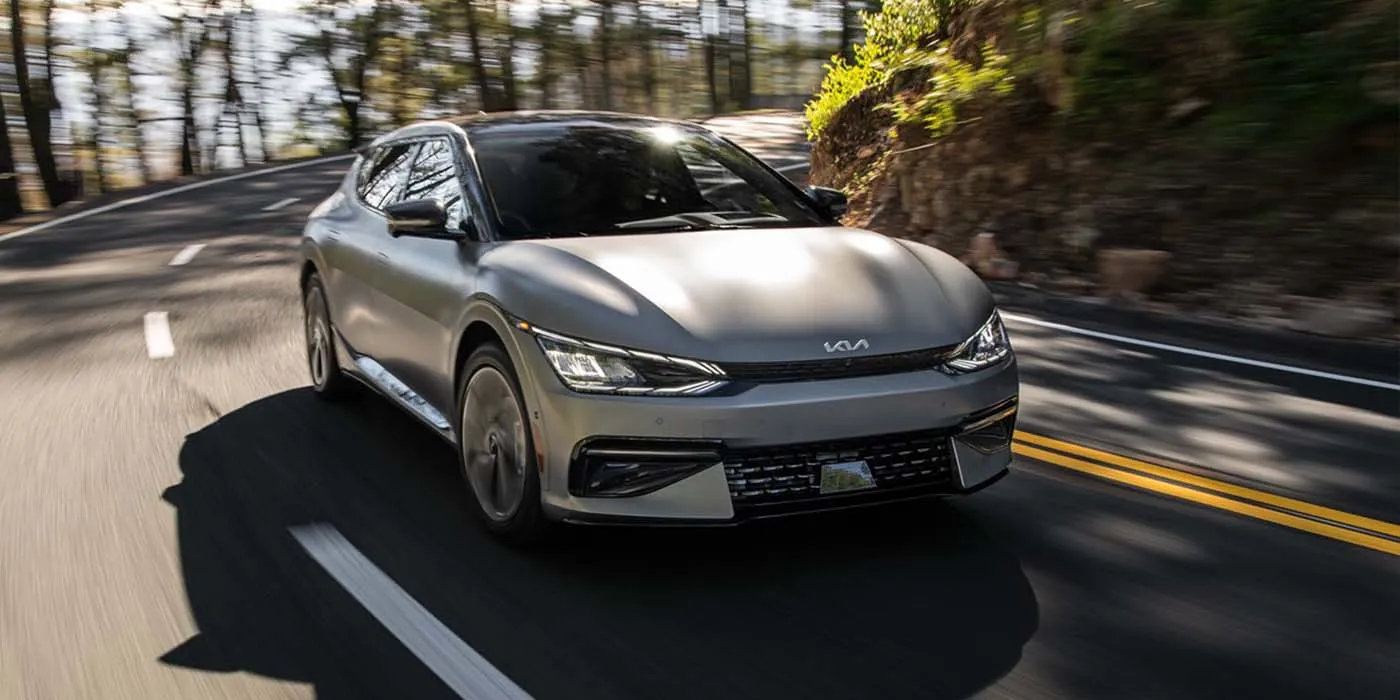In the first half of 2023, California led the United States in electric vehicle (EV) sales, constituting approximately 25 percent of total transactions in the market. Data compiled by the Alliance for Automotive Innovation, an industry lobby group, highlights a correlation between EV adoption and the dominant political party in a given state.
The five states with the highest proportion of EV registrations in H1 2023 were California, the District of Columbia, Washington, Oregon, and Nevada, all known as Democratic strongholds. In contrast, Wyoming, Oklahoma, West Virginia, and Mississippi were among the states adopting EVs at a slower pace, according to the Alliance. North Dakota exhibited the lowest rate of EV sales nationally, with just 1.2 percent of vehicles sold being electric.
This trend aligns with the broader theme in the American auto industry, where President Joe Biden has prioritized EV adoption, introducing new tax incentives for EV buyers and investing in charging infrastructure. The political landscape has played a role, with the Republican Party exhibiting resistance to electric vehicle technology and influencing key decisions in the U.S. Senate.
The automotive industry is grappling with the politicization of EVs, as evident in Bill Ford’s recent statement, acknowledging the unexpected politicization of their products. While political affiliation is a significant factor, exceptions exist, such as Republican-led Utah reporting over eight percent of new vehicle sales as electric, compared to Democrat-led New York with 7.6 percent.
Bloomberg notes that alongside political lines, high fuel prices in certain states contribute to increased EV sales, adding a layer of complexity to the adoption patterns. These findings precede the recent cooling of the electric vehicle market, prompting interest in whether state-by-state differences will intensify in the second half of the year.

